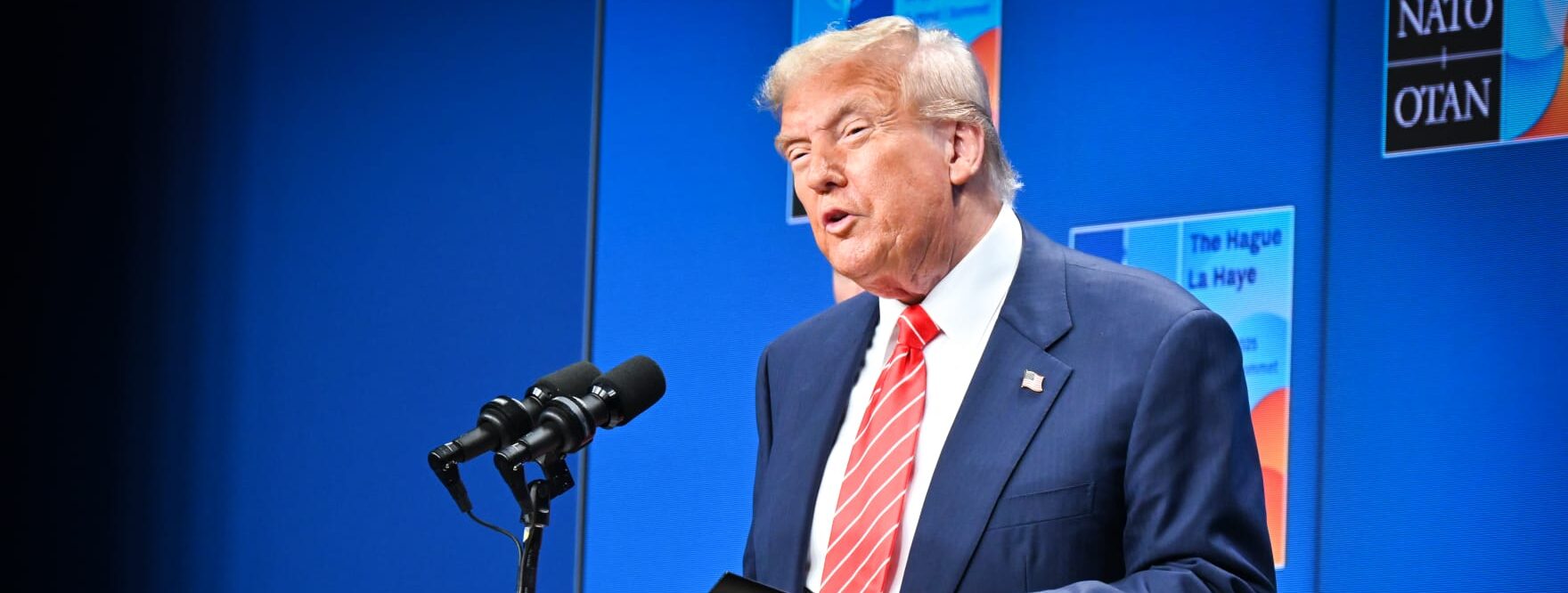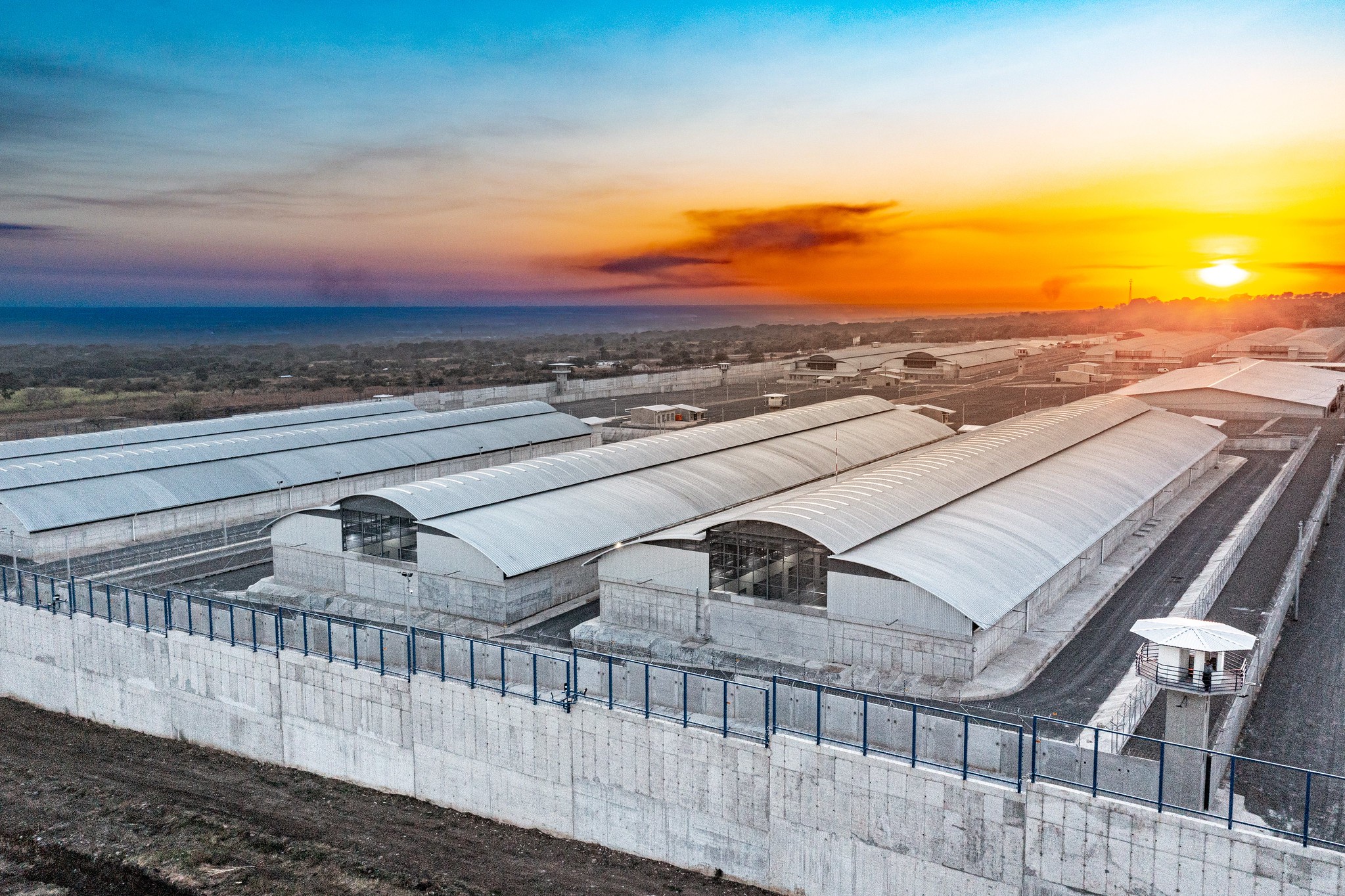Carlos Lehder Rivas, a founder of the notorious Medellín cartel, has been released from custody in Colombia following a court ruling that his previous drug trafficking conviction had expired. The decision, made by Judge Martha Yaneth Delgado, has reignited discussion in the Colombian legal system about justice for former cartel leaders.
Lehder, now 75 years old, was detained upon arrival at Bogotá's El Dorado International Airport in late March 2025. The arrest was based on a 1995 conviction for illegal possession of firearms. However, Judge Delgado ruled that these charges were no longer valid because of the statute of limitations.
"Given the aforementioned arrest report and taking into account that on the date set, the statute of limitations of the sentence imposed on convicted Carlos Enrique Lehder Rivas expired, his arrest is not legalized," Judge Delgado stated in her ruling.
This latest development concludes a tumultuous journey for Lehder, who revolutionized cocaine smuggling in the 1980s by using air transportation and establishing Norman's Cay in the Bahamas as a crucial transshipment point. After his extradition to the United States in 1987, Lehder served more than 30 years in U.S. prisons before being deported to Germany in 2020 for health reasons.
Legal complexity and international implications
Lehder's release underscores the complexity of international law, especially with prolonged extraditions and the expiration of legal claims. It also highlights the ongoing fight against drug trafficking and its continuing impact on Colombia's legal and social fabric.
Sergio Guzmán of Colombia Risk Analysis notes, "People who have been tried in U.S. courts ... have in fact never been accountable for their crimes before Colombian judges and courts." This sentiment reflects a broader frustration with the perceived lack of accountability for cartel leaders in their home countries.
A legacy of crime and controversy
Lehder's case brings renewed attention to Colombia's historic drug trade. His innovative use of air transportation and strategic island bases dramatically increased the cartel's influence and profits. These tactics, combined with his flamboyant lifestyle and anti-extradition stance, made Lehder a key figure in the explosive growth of the cocaine trade during the 1980s.
In a rare statement about his past, Lehder once admitted, "I was a gangster ... My goal is to share these experiences so that others will not be tempted in the future." However, this reflection does little to mitigate the devastating impact of his actions on countless lives affected by the drug trade.
Health Problems
Lehder's attorney cited ongoing health problems as a factor in his client's legal proceedings. "He is recovering from cancer and has problems with high blood pressure," the lawyer explained, highlighting the complexity of dealing with aging former cartel members.
As Colombia grapples with this latest twist in its longstanding fight against drug trafficking, questions remain about how to balance historical justice with current legal standards. Lehder's release serves as a stark reminder of the enduring legacy of the Medellín cartel and the challenges in reconciling past crimes with contemporary justice.





